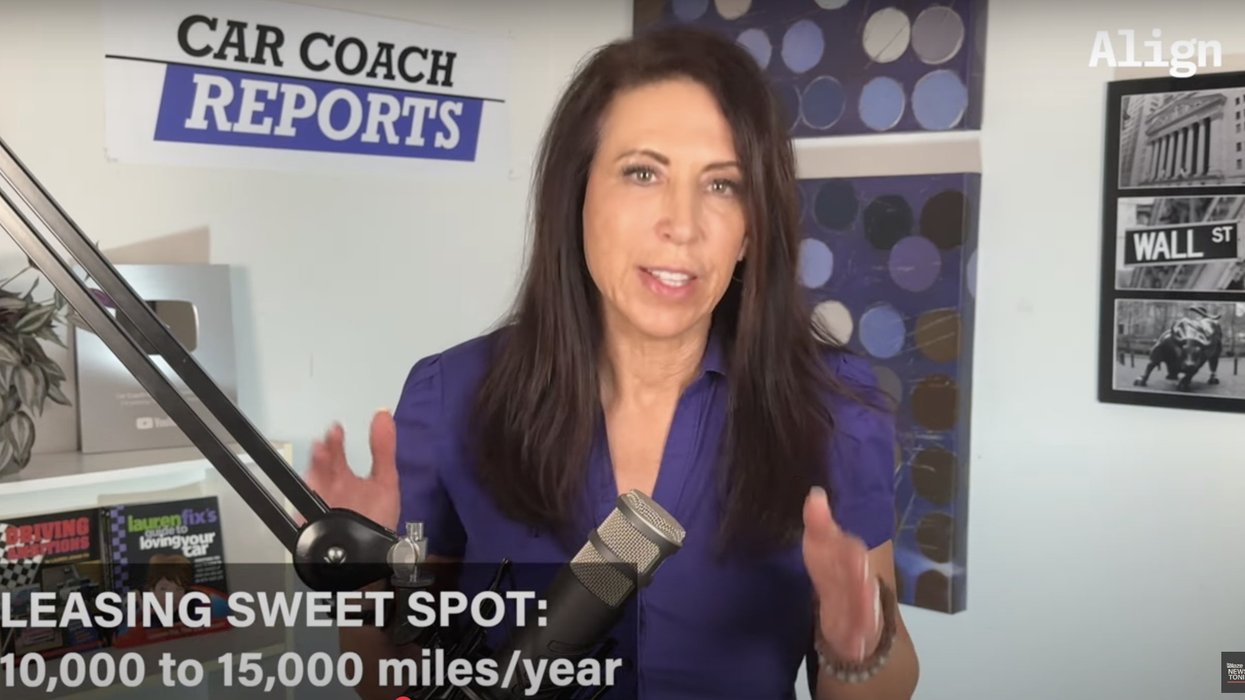
© 2025 Blaze Media LLC. All rights reserved.

Did you know that Congress passed a massive tax increase when they passed the Affordable Care Act—a.k.a. ObamaCare—in 2010? If you didn’t, then you were not alone. Not only did Congress not realize they were passing a tax, but President Obama explicitly said that the penalty for not having qualifying health insurance was not a tax.
Today, the Supreme Court ruled that, in fact, Congress did pass a substantial tax increase when they compelled citizens to purchase health insurance or pay a fine. Unquestionably, Congress is very happy that it took two years of litigation and a blockbuster opinion from the Supreme Court to determine that the penalty is really a tax. Otherwise, if it were known at the time, Congress may have faced incredible political opposition to the Affordable Care Act and it likely would never have passed.
This would have been a good thing. Not because the Affordable Care Act will almost assuredly make our already dysfunctional health care system worse, but good because democratic responsiveness is an essential part of a healthy democracy. All lawmakers would love to veil tax hikes and other distasteful legislation from the people. Sometimes, for many representatives, the less the people know, the better.
To prevent this type of representative legerdemain, the Framers of the Constitution included strict controls to ensure that the people know who is taxing them, why, and for how much. The first of these controls, the Origination Clause, mandates that all “bills for raising revenue shall originate in the House of Representatives.” The House, being limited to a two-year term and also being, at the time, the only part of Congress elected directly by the people, was set-up to be democratically responsive. Placing the power to tax in the House would ensure that the people knew who was taxing them and thus could replace them if the taxes were out of control.
The Framers also included the Statement and Account Clause, which requires the government to publish “a Statement and Account of the receipts and expenditures of all public money.” Perniciously, the Affordable Care Act was drafted in such a way that the private expenditures of people commanded to purchase a product they do not want would not be included in the estimated cost of the bill.
The Court’s decision ignores the purpose of both of these Clauses: to ensure that taxation is above-the-board and accountable to the people.
Today, Congress got everything it wanted. First, their massive health care reform law was upheld. Second, their power to tax was broadened. Third, they will have to pay no political price for having passed a massive tax hike in 2010—that is, unless the people will now hold them accountable.
Trevor Burrus is a legal associate in the Cato Institute’s Center for Constitutional Studies.
Want to leave a tip?
We answer to you. Help keep our content free of advertisers and big tech censorship by leaving a tip today.
Want to join the conversation?
Already a subscriber?
more stories
Sign up for the Blaze newsletter
By signing up, you agree to our Privacy Policy and Terms of Use, and agree to receive content that may sometimes include advertisements. You may opt out at any time.
© 2025 Blaze Media LLC. All rights reserved.
Get the stories that matter most delivered directly to your inbox.
By signing up, you agree to our Privacy Policy and Terms of Use, and agree to receive content that may sometimes include advertisements. You may opt out at any time.


